Description
Blue Moon is gone for the season, but do not worry! It will be back in fall, new arrival should come end of Sept to Oct. In the meantime, we found this also wonderful Bali example, not direct from our buddies, but produced by similar small family groups in the same area. This chop is a little more like a Sumatra but not as “spicy”. Thick, creamy, low acidity with a rustic earthy/chocolate Indonesian terroir.
Sourced from the highlands of Kintamani, Bali, this coffee is an excellent representative of classic Indonesian profiles. This is a G1 triple-picked lot, processed using the traditional “Giling Basah” or “Wet-Hulled” method. This process is key to developing the heavy body and low acidity characteristic of the region, resulting in a complex cup with a lot of character.
Grown on the volcanic slopes of Kintamani, Bali, at altitudes between 900 and 1500 meters. The processing method is “Giling Basah” (Wet-Hulled), a traditional Indonesian technique where the parchment is removed from the bean while it still has a high moisture content (20-40%). This step is fundamental to achieving the heavy body, low acidity, and distinctive earthy notes of coffees from this area.This coffee is produced by smallholder farmers in the Kintamani region. The production model is based on the manual harvesting of cherries, which are then processed locally. The G1 classification and triple-selection (Triple-Picked) guarantee high quality and consistency in the lot, selecting only the best beans. The purchase of this coffee directly supports the economies of these producer communities.
Tasting Notes: Best served from medium to dark roasts. Thick and creamy, rich and smooth, low acidity and semi-sweet. A very chocolaty cup with some earthy notes semi-similar to a Sumatra coffee, but with less spice and peat notes. Pulls some similarities to Bali Blue Moon at the darker roast points. A big robust coffee, most would consider a cup like this the “stout” of the coffee world. Works well for darker toned stronger coffee fans as a single origin, or works wonders in espresso blends to build body and rich darker tones.
Roasting Notes: I like to take this one to a full city. A strong medium-roast. It is very versatile and will hold almost any roast except light. Usually I drink this Bali just a touch lighter than I take Sumatra coffees. A little sheen on the surface of the beans, to a spot of wet looking oil, usually good to go! This coffee being wet-hulled will roast a bit uneven, very normal for it. Low chaff.
Balinese producers continue to maintain a traditional rural lifestyle organized around a Subak Abian, which is a reference to the ecologically sustainable irrigation systems developed more than 1,000 years ago by Hindu priests who practice Tri Hita Karana (the three sources of prosperity), a philosophy focused on the harmonization between the environment, humans and God. These traditions are followed in coffee cultivation, which means pesticides and synthetic fertilizers are never used.
In recent years, local producer groups have begun to partner with regional exporters like Indokom to establish organic and Rainforest Alliance certifications, which harmonize with their traditional principles of conserving forest, soil, and water resources. Indokom also collaborates with producers to overcoming logistical challenges like rugged roads and lack of infrastructure. Indokom provides logistics and milling facilities, which improves traceability and quality control throughout the post-harvest process, as well as, the ability to swiftly bring the coffee to the international market, ensuring greater producer earnings from direct trade relationships.
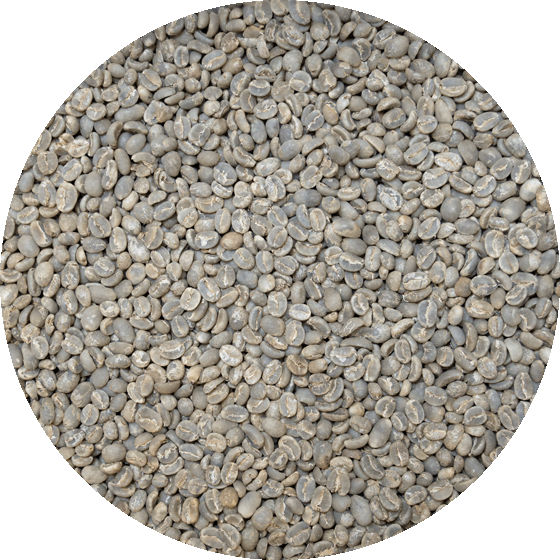
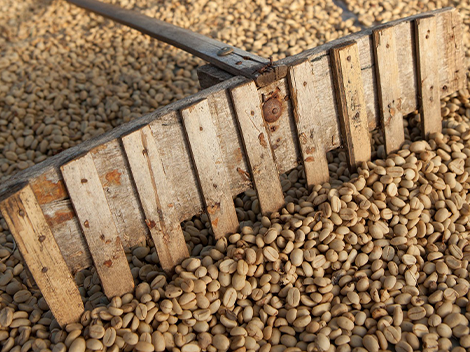
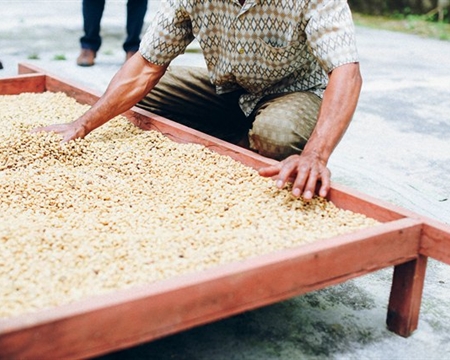
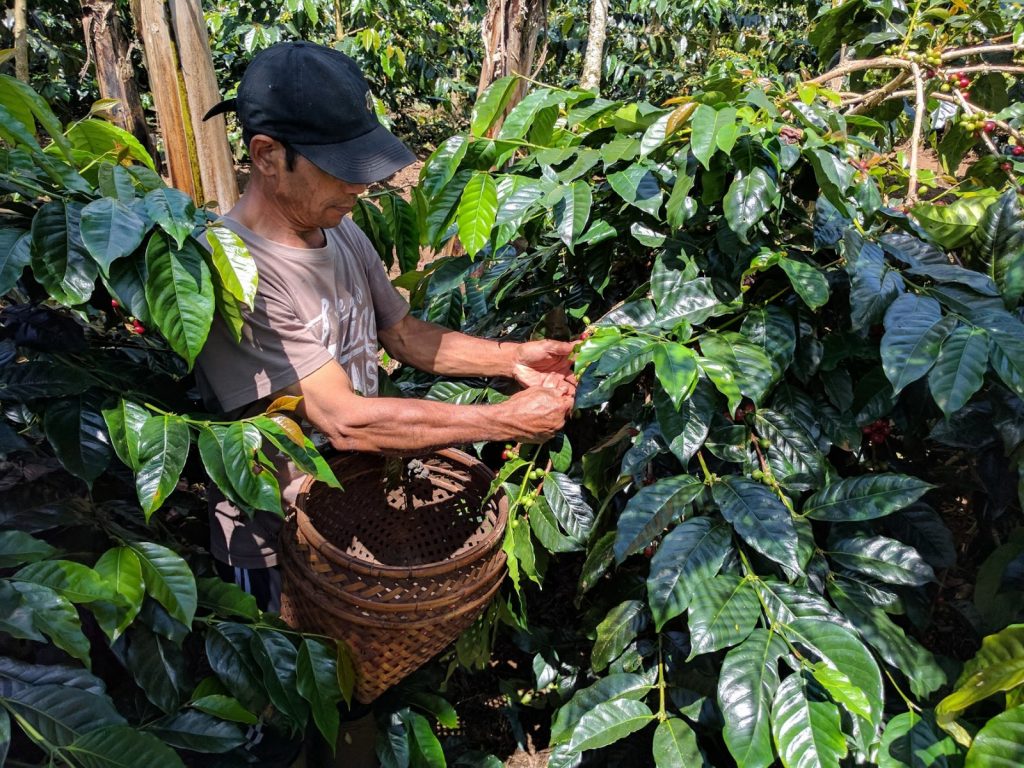
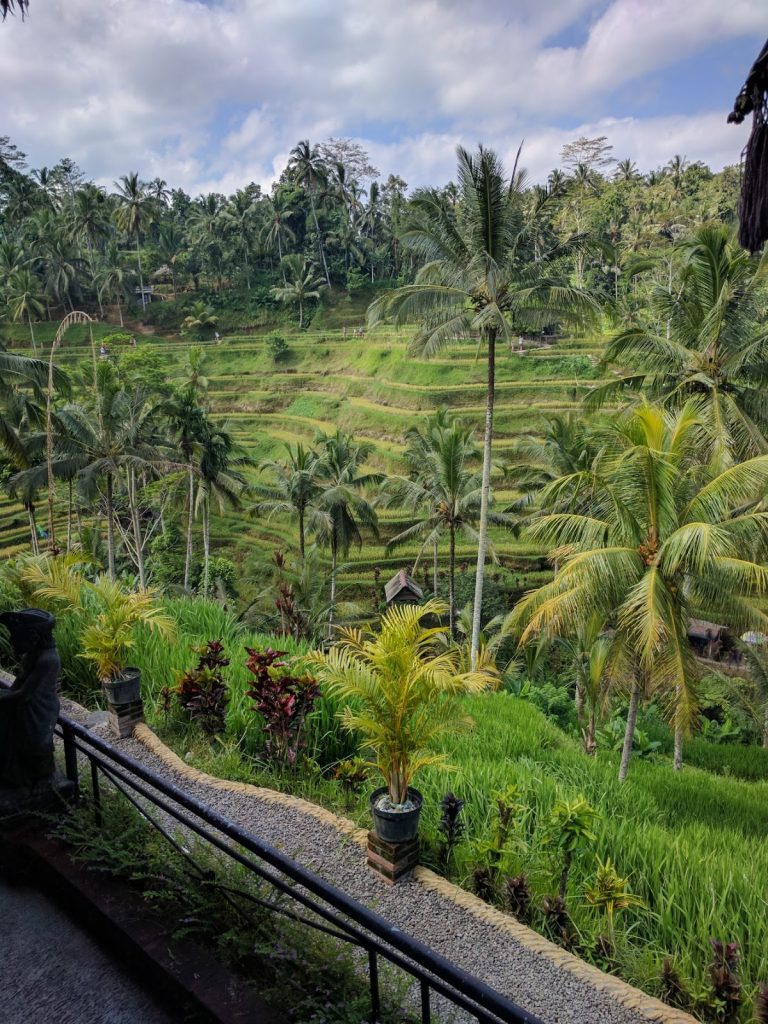
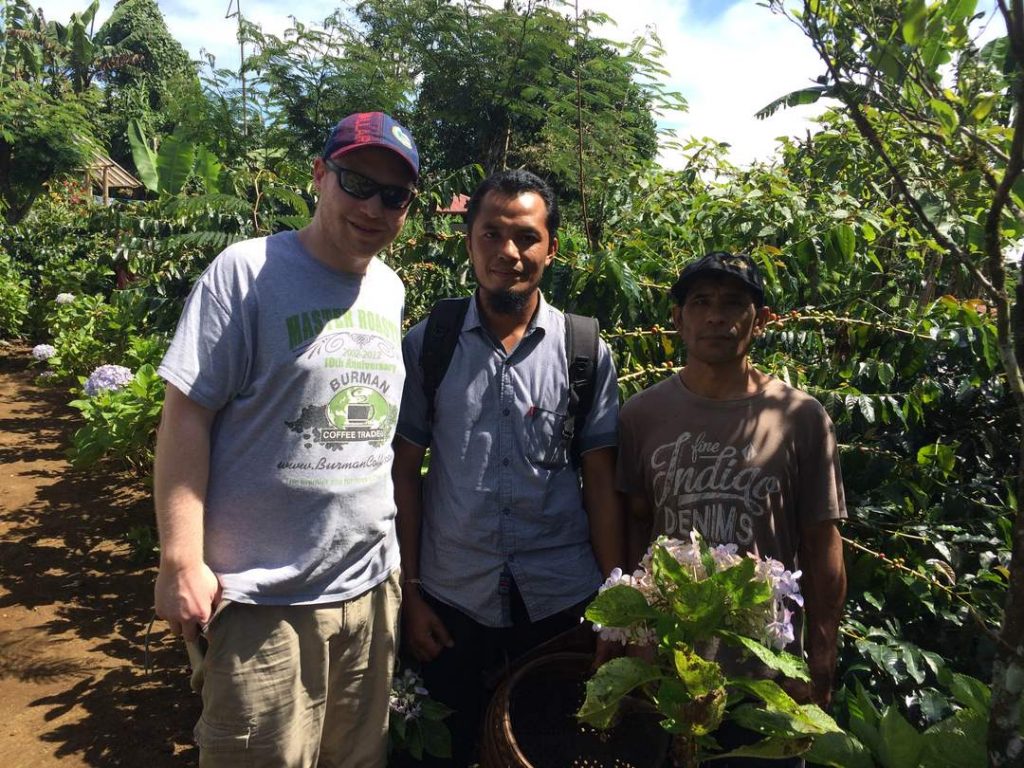
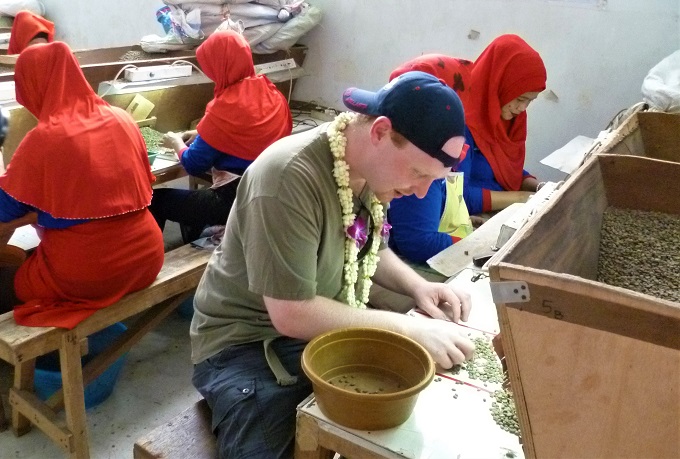
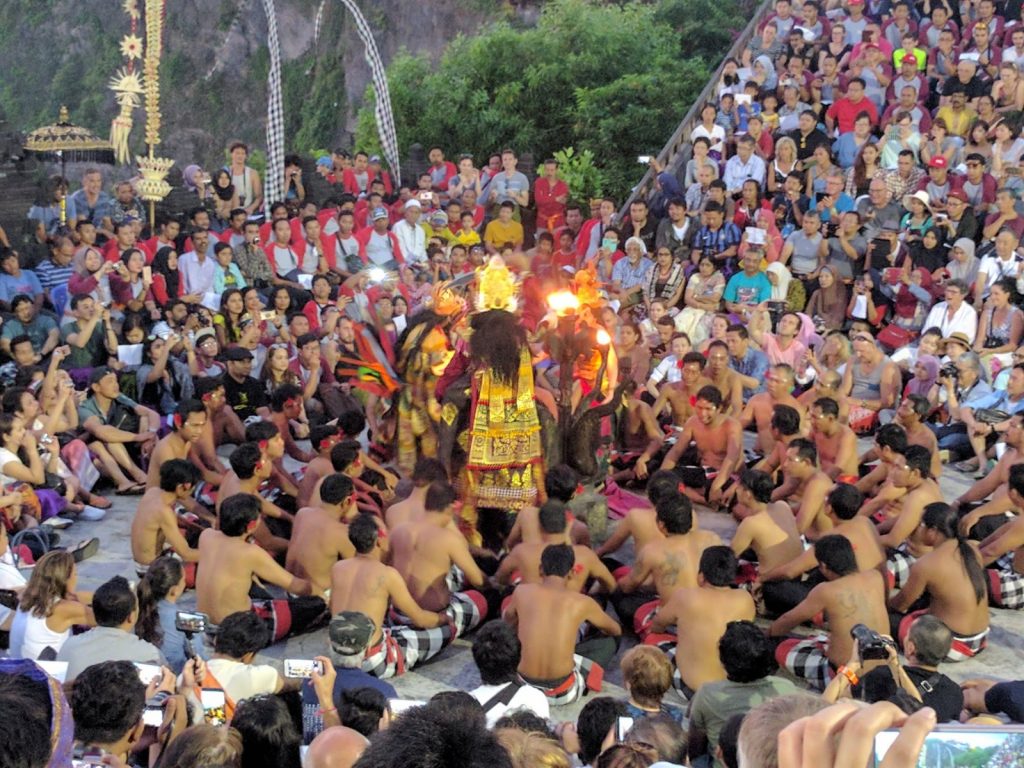
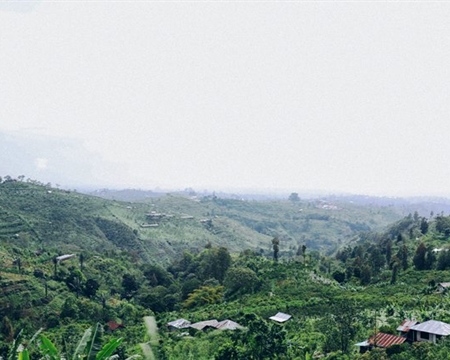
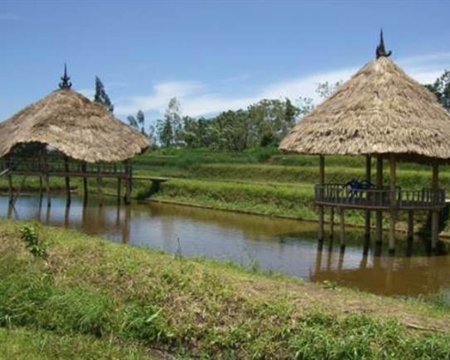
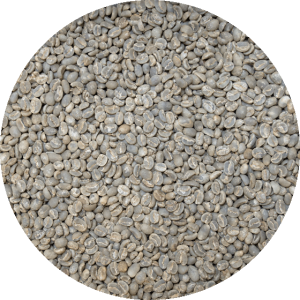
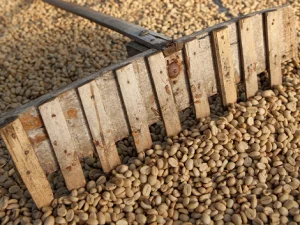
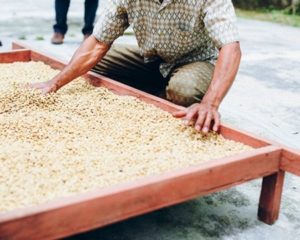
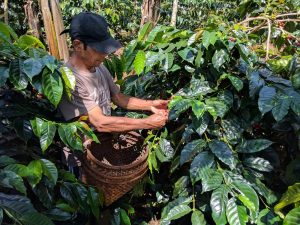
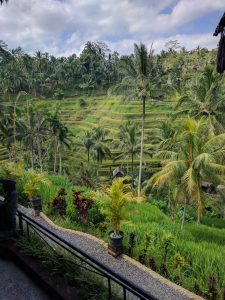
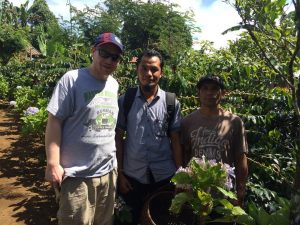
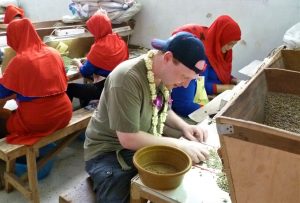
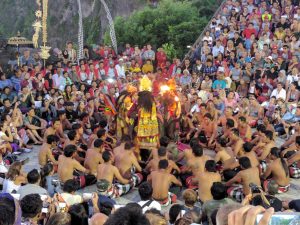
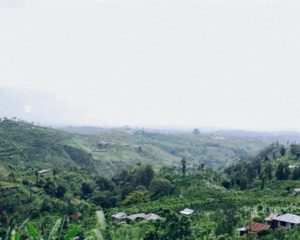
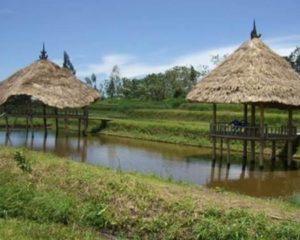
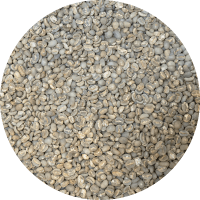
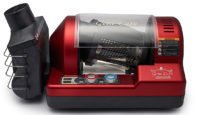
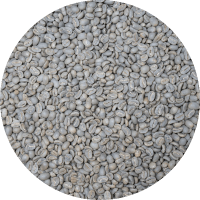
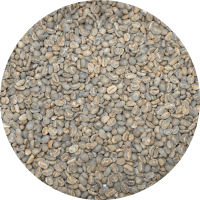

Reviews
There are no reviews yet.